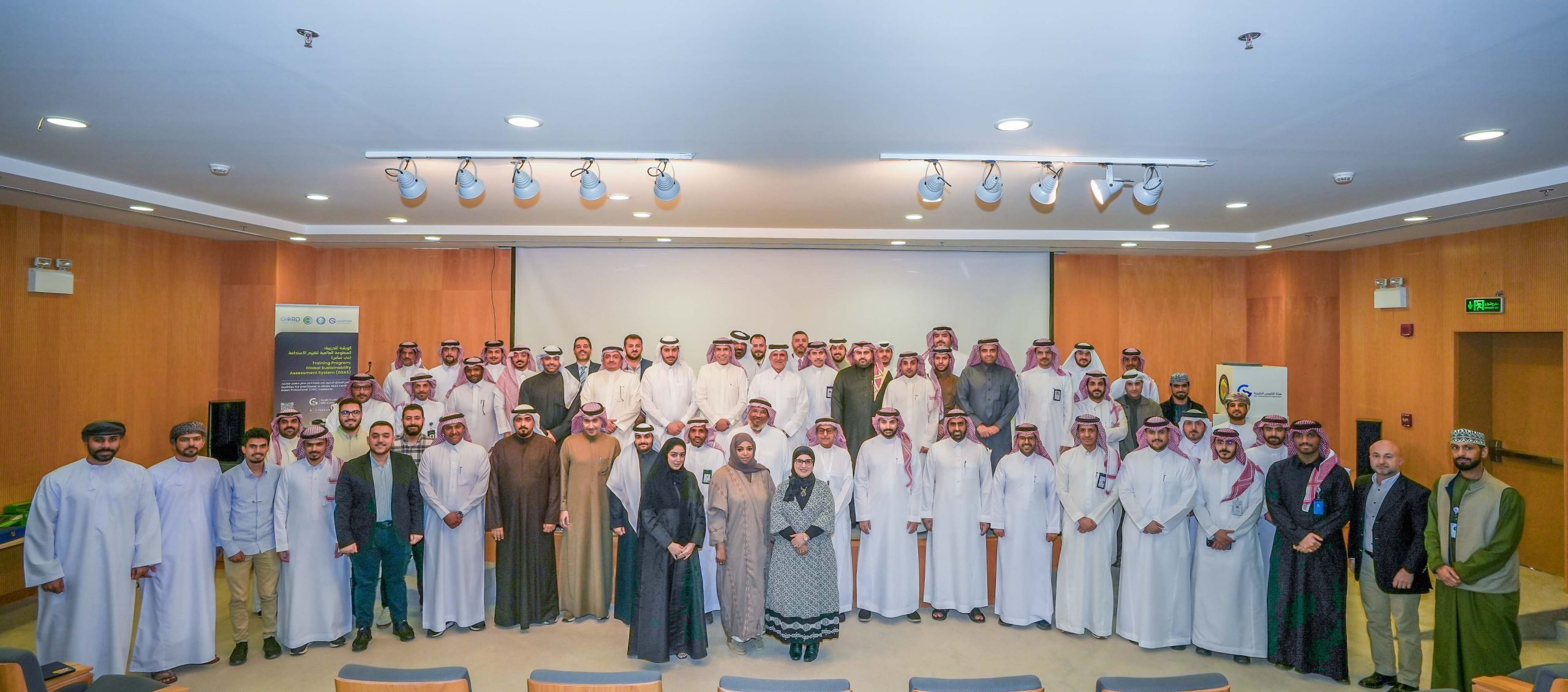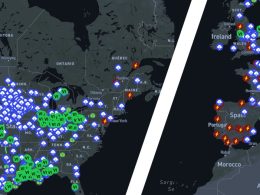Bursa Malaysia Bhd’s Bursa Carbon Exchange (BCX) will auction the first carbon credits generated from a Malaysian project on 25 July 2024.
The Kuamut Rainforest Conservation project, led by Permian Global, aims to protect and restore tropical forests in Malaysia, Indonesia, and Brazil by moving private sector carbon finance in these projects. Project developers consider it a demonstration of Malaysia’s potential to generate high-integrity carbon credits.
The project is assessed against Verra’s Verified Carbon Standard and the Verra Climate, Community, and Biodiversity Standard, both widely used global standards for carbon credits.
Carbon credits encourage corporations to invest in climate solutions like forest conservation by allowing them to offset their carbon emissions. The online auction’s floor price, set by Permian, is RM50 (approximately US$10.70) per tonne of CO2 equivalent (tCO2e), with a 0.2% auction fee and a minimum bid order of 1,000 units vintaged between 2017 and 2021.
Ivy Wong, CEO of Permian Global Malaysia, explains that the price was influenced by market supply and demand, regulatory and policy landscapes, economic trends, and general awareness. The auction’s unique appeal and scarcity as the region’s first and only nature-based carbon credit auction also played a role.
The project aims to protect and restore 83,381 hectares of tropical rainforest in Sabah’s Tongod and Kinabatangan districts, with an initial 30-year renewable concession. It is a public-private partnership between Permian Malaysia, the Sabah Forestry Department, Rakyat Berjaya Sdn Bhd, and Yayasan Sabah, with support from PACOS Trust and the South East Asia Rainforest Research Partnership.
The project includes consultation with the local Orang Sungai community to find alternatives to hunting and harvesting outside the project area, such as training and employing locals for regular patrols to prevent illegal activities. Previously designated as a production forest and logged repeatedly, the area was set for further commercial exploitation. The project is expected to prevent an additional 16 million tCO2e from being released over three decades by halting commercial logging.
Wong hopes the auction will attract more funding and resources for forest conservation and carbon sequestration projects, leading to community development initiatives like access to clean water. Bursa Malaysia aims for the successful launch to inspire other Malaysian states to replicate the model, positioning the country as an attractive location for nature-based carbon projects and encouraging domestic and international private financing for climate action.














